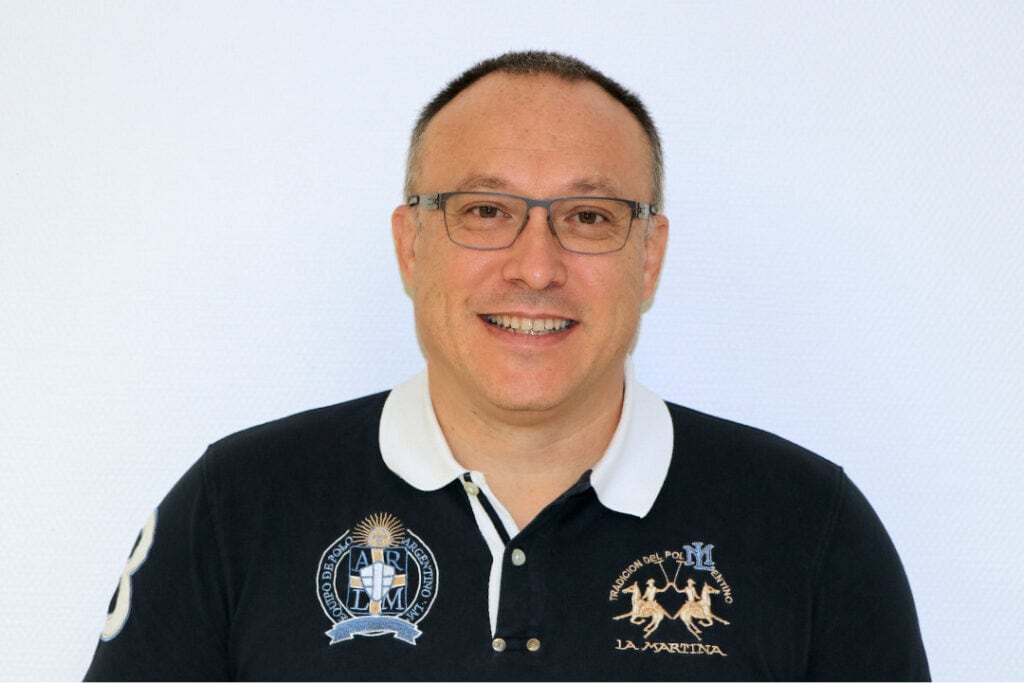Université de Montpellier, France

Dr Benjamin Delprat leads a group in the Molecular Mechanisms in Neurodegenerative Diseases (MMDN) laboratory at the Université de Montpellier.
This research group studies cellular structures called the endoplasmic reticulum, or ER (which produces proteins needed by the cell), and mitochondria (which provide energy to the cell) in neurodegenerative diseases (diseases that affect the brain and nervous system, which can include hearing loss).
More about Benjamin’s work
Benjamin has over 25 years of research experience in hearing research. His research has led to the generation and characterization of a number of animal models of deafness. He has worked at Montpellier as a group leader since 2007, where he showed that the ER was involved in a genetic form of deafness called DFNB8/10. More recently, he has studied the role of a protein called the sigma-1 receptor in a condition called Wolfram syndrome (which causes diabetes, blindness and hearing loss). He has shown that drugs that activate the sigma-1 receptor can reverse the symptoms of Wolfram syndrome in models of the disease, opening the path to a potential new treatment.
A new approach to preventing the hearing loss caused by the anti-cancer drug cisplatin
Read about Benjamin’s research projectBenjamin’s approaches to hearing research
The most exciting breakthrough for me was the identification of an unexpected doorway into the ear that opens new possibilities for drug delivery and hearing restoration that was published in 2023.
I think the biggest impact that would drive hearing research forward would be confirmation that we can reverse hearing loss using drug or gene therapies. This would validate the long journey that scientists have taken towards this essential objective.
One of the biggest things that makes hearing research difficult is how small the cochlea, the organ of hearing, is. The cochlea has only a small number of cells inside it, and it is surrounded by bone which make it difficult to access and work with using traditional approaches.
I am working to develop a new therapeutic strategy for Wolfram syndrome, a severe condition which causes hearing loss alongside other symptoms such as diabetes and blindness.
I work closely with people affected by Wolfram syndrome and their families, regularly participating in workshops and open days. This motivates me to find a solution for them.
I decided I wanted to work in hearing research when I was studying at Montpellier. I was amazed by the beauty of the cochlea and its perfect functioning.
I really hope that the research conducted by my team will lead to a way to protect hearing when someone has to be treated with an ototoxic (ear-toxic) drug such as cisplatin.
RNID funding is extremely important for the hearing research community. Even though hearing loss can have a significant impact on quality of life and social interactions for those affected by it, other funding agencies are reluctant to support hearing research.